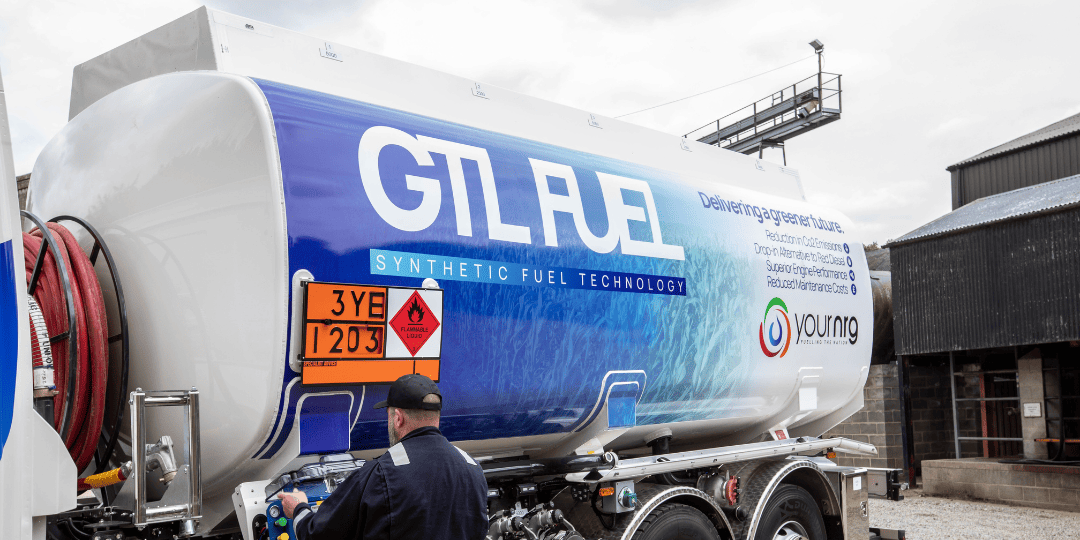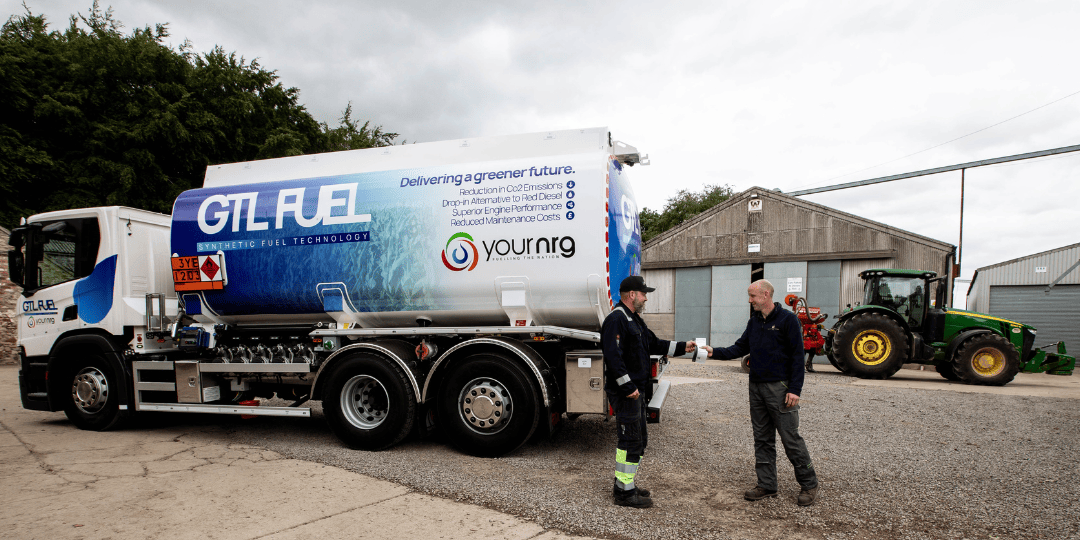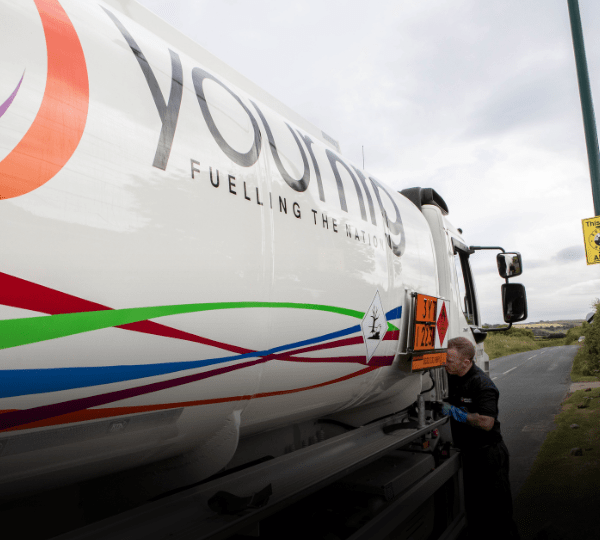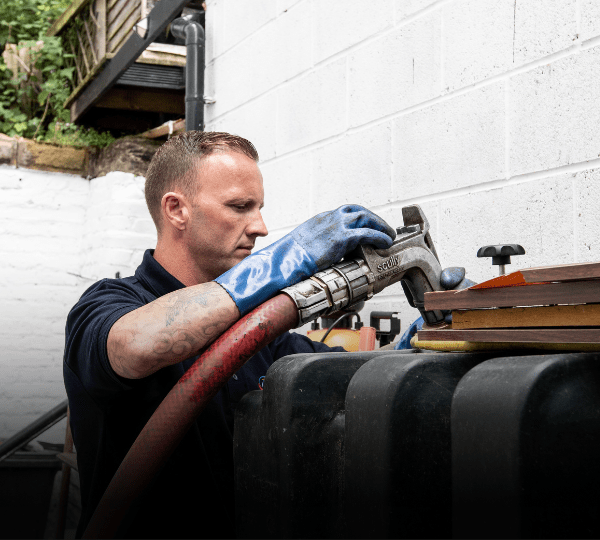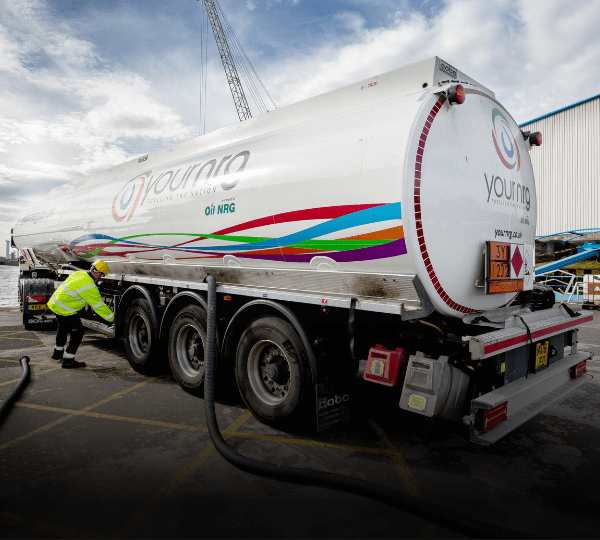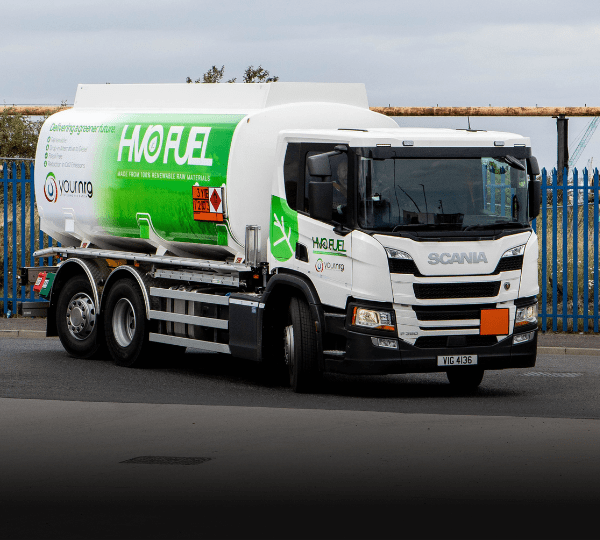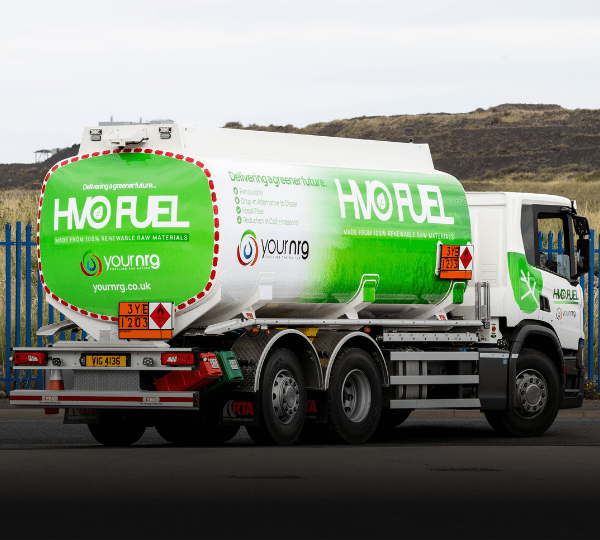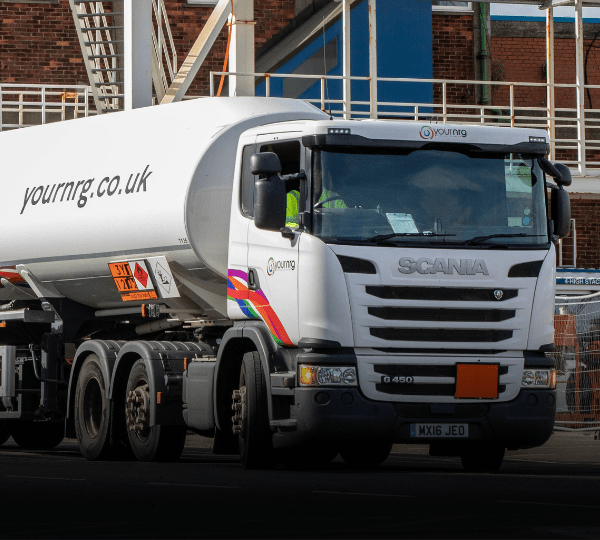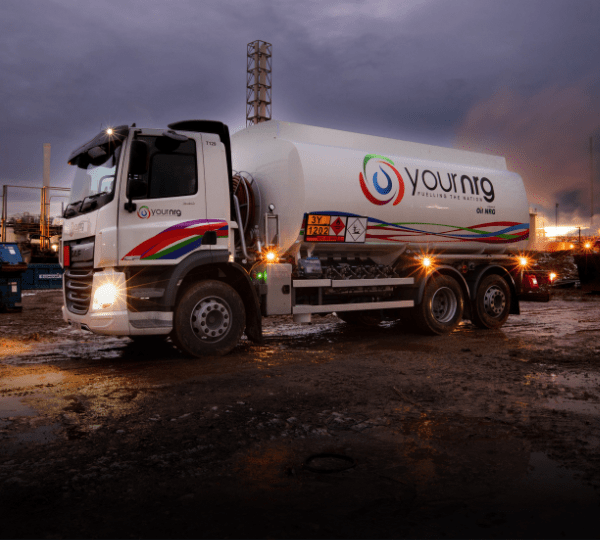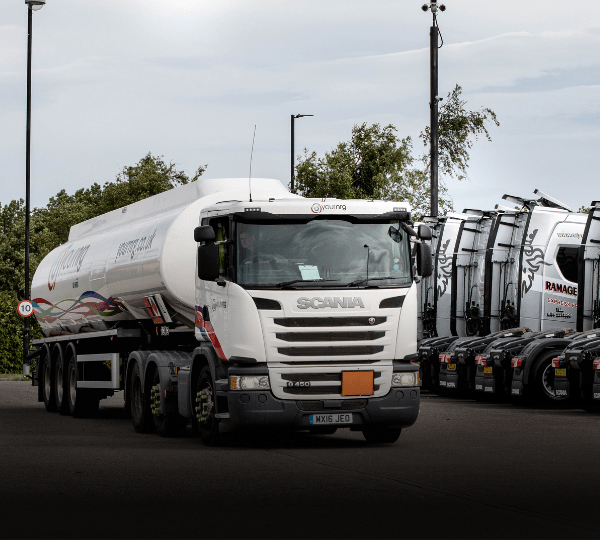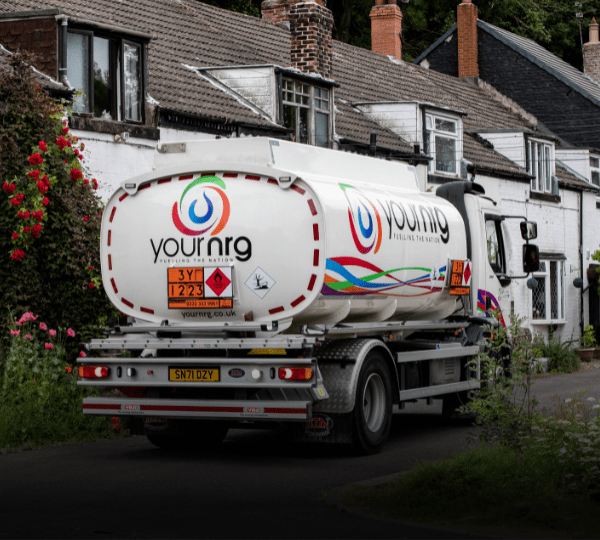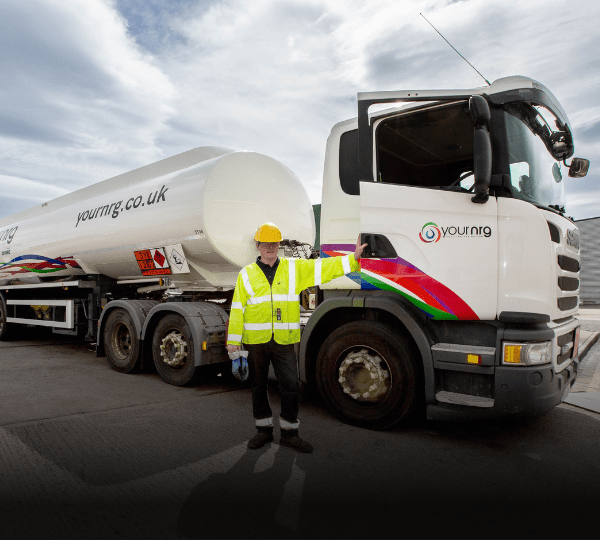Gas-to-liquid fuel is an environmentally friendly alternative to fossil diesel that can help to reduce emissions. It’s made by converting natural gas into a liquid fuel which can then be used for a variety of purposes.
In this guide, we discuss exactly what GTL fuel is, how it compares to other types of traditional fuels and look at the advantages it can offer.
What is GTL diesel?
GTL (gas-to-liquid) fuel is a synthetic, cleaner-burning alternative to traditional crude oil-based diesel. It’s often referred to as both GTL fuel and GTL diesel. This is because it can be used as a direct ‘drop-in’ replacement for diesel, which means it can be used to power diesel vehicles without any engine modifications.
GTL diesel is manufactured by converting gas to liquid via a process called Fischer-Tropsch. This technology breaks down the hydrogen and carbon molecules in gas and makes them into heavier, uniform hydrocarbon molecules that take the form of a liquid.
This colourless, odourless fuel is used just like fossil diesel and has a wide range of uses across a variety of industries, including transport, agriculture and construction.
GTL fuel vs diesel
There are many differences between GTL fuel and diesel due to the way in which they are produced. GTL is a paraffinic fuel, which means it belongs to a family of clean, synthetic diesel fuels created using a feedstock —in this case, natural gas. While fossil diesel is a combustible liquid formed by distilling petroleum or crude oil.
Because of the way GTL is manufactured, it has distinct characteristics from traditional diesel fuel. This paraffinic fuel contains fewer aromatics, toxins or impurities (such as metals and sulphur), which means it produces fewer emissions than conventional fuels. Diesel has a higher aromatic content and therefore releases higher quantities of harmful emissions.
GTL fuel vs HVO
GTL stands for gas-to-liquid and HVO stands for hydrogenated or hydrotreated vegetable oil. The main difference between these two fuels is how they are created: GTL is produced by converting methane-rich gas into liquid fuels and HVO is created by breaking down vegetable oils. They are both considered to be paraffinic fuels.
HVO can be produced using two different processes: hydrogenation or hydrocracking. The former involves adding hydrogen to molecules while the latter involves using hydrogen to break down larger molecules into smaller ones.
Despite the differences in how these fuels are produced, both GTL and HVO are deemed to be cleaner alternatives future fuels to fossil fuels.
GTL fuel advantages
Gas-to-liquid fuel offers numerous advantages over fossil fuels, from the environment and noise pollution to efficiency and performance. The benefits of gas-to-liquid fuels include:
- It’s free of metals, sulphur and aromatics, and is a non-toxic, biodegradable fuel
- GTL burns more cleanly than traditional fuels and releases fewer emissions — it can reduce particulate emissions by 38% and NOx by 25%
- It can be used in existing diesel fleets without any modifications to vehicles
- GTL can be transported and stored in the same way as diesel, meaning switching requires no new investment or infrastructure
- It can deliver better starting performance in cold conditions and reduce noise pollution
- GTL fuel is available right here at Your NRG
Switching to GTL diesel with Your NRG
Here at Your NRG, we believe GTL will continue to play a large role as the UK (and the globe) works towards achieving net zero by 2050. We’re committed to working with your business to create a cleaner, greener future for all.
From fuelling your fleet to powering your machinery, we can help you switch. To find out more about GTL, get in touch with our team or get a quote and transition to this cleaner, drop-in diesel today.
